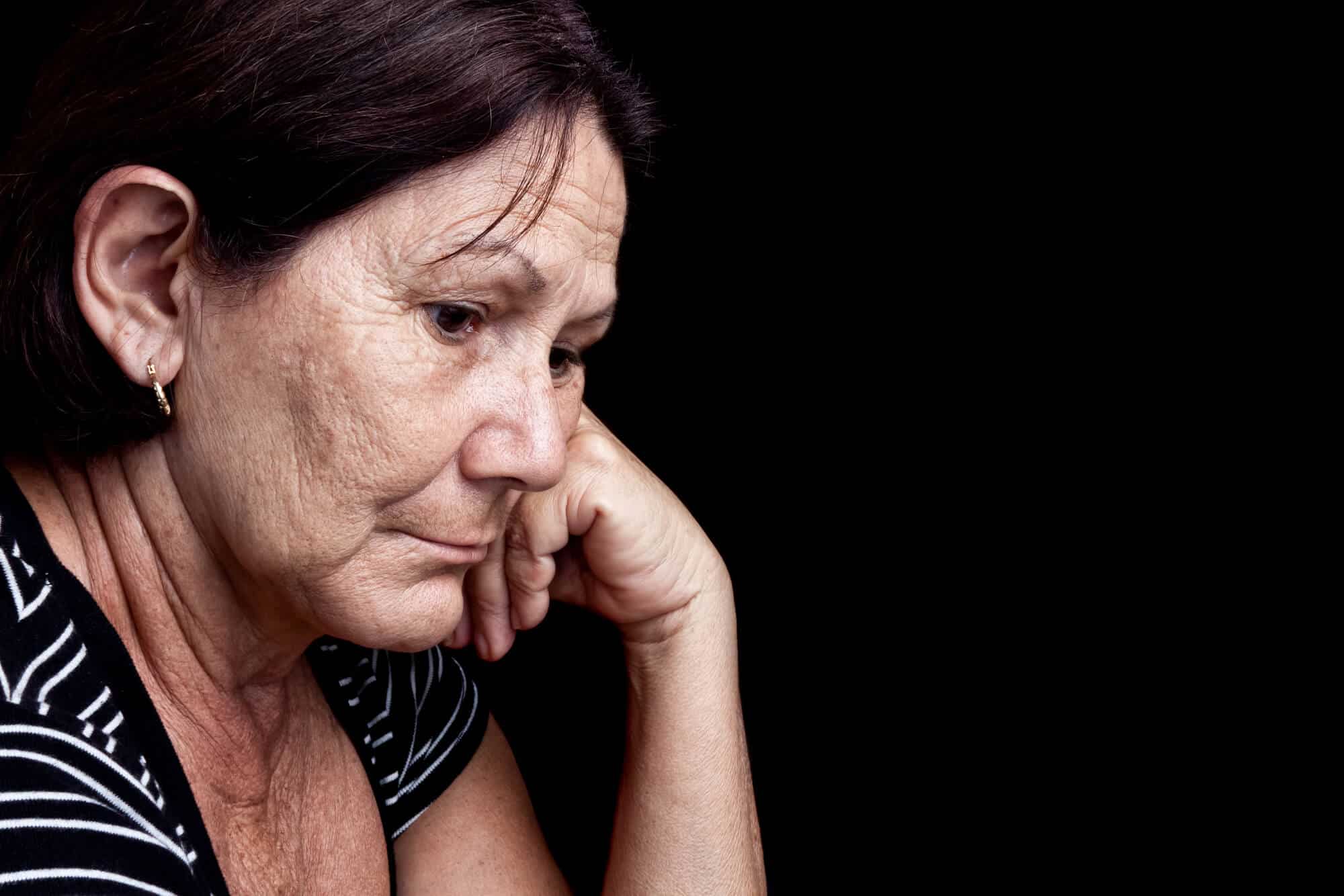The researchers: "It is possible to characterize certain adults as having a high risk of increased deterioration due to the events they have experienced throughout their lives. Awareness must be raised about the link between stress and trauma and health decline in old age, and mechanisms must be built that will provide an adapted response, and help those adults deal with these consequences."

The increase in life expectancy has led to a number of studies that focus on the risk factors for the deterioration of health in old age. A prominent risk factor is dealing with situations of trauma, stress and tension, which may lead to illness and poor health. When it comes to repeated situations, i.e. accumulated stress, the consequences may be even more significant, all the more so in older ages.
A new study by doctoral student Michal Levinsky, under the direction of Prof. Miriam Schiff from the School of Social Work at the Hebrew University, examined for the first time the relationship between cumulative stress situations and the deterioration of the health of older people over a long period of time in the aging process - 14 years and six time points. The data were collected in the Health, Aging and Retirement in Europe and Israel (SHARE) survey conducted on the elderly population starting in 2004. Analyzes of a sample of about 7,000 people showed that adults aged 65 and older, who reported cumulative stress and trauma situations, are at high risk of faster and more severe health deterioration. The results were repeated even when variables such as age, sex, income, country of residence and mental health were taken into account.
The findings of this study strengthen the claim that it is important to examine the consequences of the accumulation of stressful situations that occur throughout life, and not mainly in childhood as most studies examine. However, the data showed that the consequences of stress and trauma are not the same on different aspects of health. Thus, the consequences for the deterioration in the objective index, in which the subjects' movement limitations were tested, was more significant than the deterioration in the subjective index in which the participants were required to self-rate their general health assessment.
This finding may indicate the complexity of the consequences of stress and trauma on health - although there is a faster objective deterioration in health, people may perceive their health differently, and report a lesser sense of deterioration. One possible explanation for this may lie in the fact that trauma can sometimes also have positive consequences for health, and actually create physical or mental resilience in certain situations, and it is possible that the subjective index also reflects this health aspect.
In conclusion, the researchers said that "Given that the average age of populations in many countries is increasing rapidly, it is important to understand the risk factors associated with health deterioration, especially for policy makers and medical health experts. We know today, and especially in light of the current research, that the lifetime accumulation of emotionally stressful events may affect physical health many years later. The phenomenon is particularly noticeable when it comes to the aging period in which there are many challenges, and it is possible to characterize certain adults as having a high risk of increased deterioration due to the events they have experienced throughout life. Awareness must be raised about the link between stress and trauma and health decline in old age, and mechanisms must be built that will provide an adapted response, and help those adults deal with these consequences."
*The SHARE survey (The Survey of Health, Aging and Retirement in Europe), on which the study is based, began in 2004 and continues to this day in 28 European countries and Israel. The survey was conducted under the auspices of the Knowledge Center for the Study of the Aging Population in Israel at the Hebrew University, and is carried out within the framework of the Ministry of Social Equality's engagement with the Knowledge Center. The Prime Minister's Office, the Ministry of Labor, Welfare and Social Services, the Ministry of Science and Technology, the Ministry of Health, the National Insurance Institute and the Planning and Budgeting Committee participated in its funding.
Personal column - Stress in old age and dealing with it / Michal Levinsky
Life expectancy in the last 100 years is the longest in human history. The percentage of older people in the world's population continues to rise, and the long years of life may result in greater exposure to stressful events throughout life. Beyond the personal stressful events that people may encounter throughout their lives, exposure to stress is on the global agenda in light of the wars, terrorist incidents and natural disasters occurring in the world, or in light of a particularly topical example - the Corona epidemic.
While the potential negative consequences of stress are universal and apply throughout life, older adults may be particularly vulnerable. This period of life is characterized by great loss as well as a decrease in available resources and abilities. Different models of resilience describe the elements that may help a person develop the ability to deal with stressful situations and adapt to life's circumstances.
They found various components that may help with the consequences of stress in old age, including psychological, emotional, environmental and behavioral factors. From a practical point of view, several stress reduction strategies have been found to be effective in old age. Particularly significant is maintaining an active social life and close relationships with family members and friends, which enables sharing of difficulties and feelings, provides a sense of security and is even a tool for learning about additional coping strategies. Further to this, voluntary activity was found to be useful for improving the positive feeling and abilities of the person at an older age, as well as a healthy lifestyle that includes physical activity, a balanced diet and relaxation exercises.
More of the topic in Hayadan:
